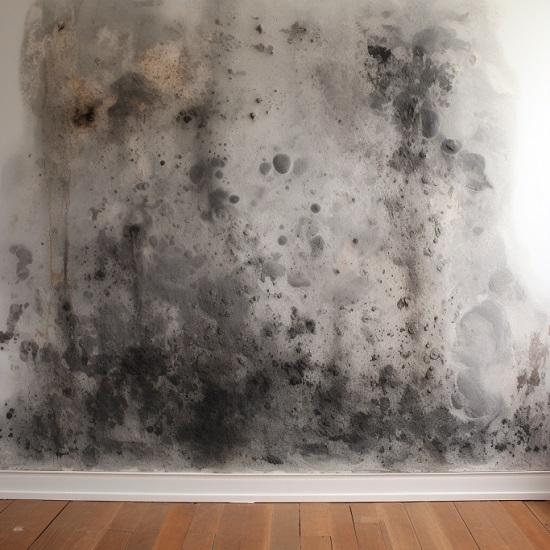Mold, a microscopic fungus, has been a silent companion to human civilization for millennia. Found virtually everywhere, from the Arctic to the tropics, molds play an essential role in nature by breaking down dead organic material. However, when these fungi invade our indoor spaces, they can present significant health risks and damage structures. Mold’s impact on health varies among individuals. Exposure can lead to symptoms ranging from mild, like sneezing or skin irritation, to severe, such as respiratory diseases or mold-induced asthma. Recognizing the signs, understanding the causes, and taking swift action can mean the difference between a minor inconvenience and a major health or structural crisis. Hence, the role of mold inspectors becomes crucial. They not only help identify mold presence but also advise on remediation measures to ensure our living and working spaces remain safe, healthy, and mold-free.
Mold can pose significant risks to both your property and your health. Identifying and addressing mold issues promptly is crucial for maintaining a safe living or working space. Here are some helpful tips on how to find mold inspectors in your area:
Use online search platforms: Websites like Yelp and Angi can help you find mold inspectors near you. These platforms provide user reviews and ratings, which can help you make an informed decision when choosing a mold inspector.
Check for certification and experience: The US Environmental Protection Agency (EPA) does not have a certification program for mold inspectors or mold remediation firms. However, some states and organizations may require certification, trainings, or examinations for practitioners in the indoor air quality industry. Check for qualifications, training, and experience, and ask for references when considering professionals.
Consult state contacts: The EPA provides a list of state contacts that can help you find mold inspectors in your area. You can also check your state health department or labor department to see if mold inspectors are required to have a special license or certification.
Look for specialized companies: Some companies that provide radon, lead, or asbestos inspection services also offer mold assessment services. Companies that provide water damage inspection services may also help look for moisture and be familiar with mold problems.
Seek recommendations: Ask friends, family, or colleagues for recommendations of mold inspectors they have used in the past. This can save you time and effort in finding a reputable inspector.
Verify credentials and insurance: Ensure that the mold inspector has the necessary certifications, insurance, and licensing. They should hold membership in good standing with at least one nationally recognized trade association for mold professionals.
Inquire about equipment and tools: Mold inspectors use various tools to diagnose and confirm their findings. Ask about the type of equipment used for mold inspections to ensure they have the necessary resources to provide accurate results.
Consider independent mold testing companies: Independent mold testing companies, such as Mold Inspection & Testing (MI&T), can provide unbiased mold testing services. By assessing the presence and extent of mold growth, they can provide you with the necessary information to take appropriate actions.
Mold, while a natural component of our ecosystem, can pose severe threats when it encroaches upon our living spaces. Its implications, both to our health and the structural integrity of our properties, make it a matter that requires immediate and informed attention. As we’ve outlined, finding a mold inspector isn’t just about seeking someone to identify mold. It’s about partnering with a professional who brings expertise, comprehensive assessment tools, and invaluable guidance on mitigation and prevention. By leveraging online platforms, verifying certifications, and leaning on recommendations, you position yourself to make an informed choice. Remember, the goal isn’t just mold elimination, but creating an environment resistant to its return. Your health, well-being, and the safety of your space depend on the choices you make today. Be proactive, be informed, and ensure a mold-free future for your home or workplace.










